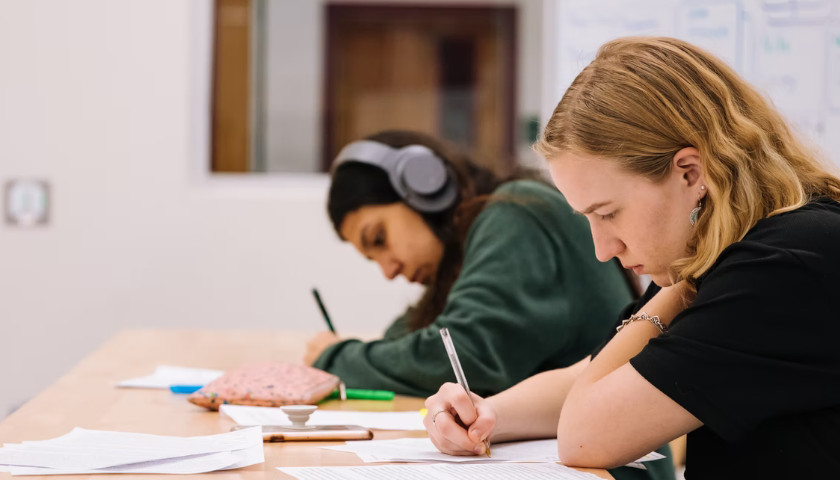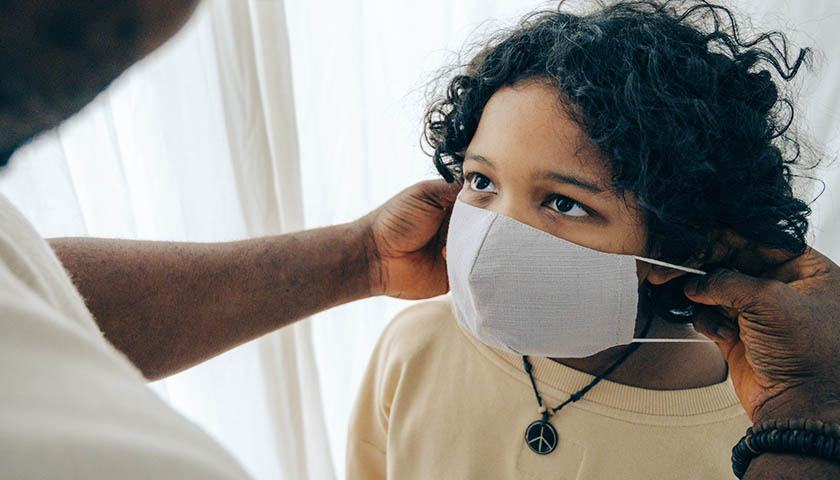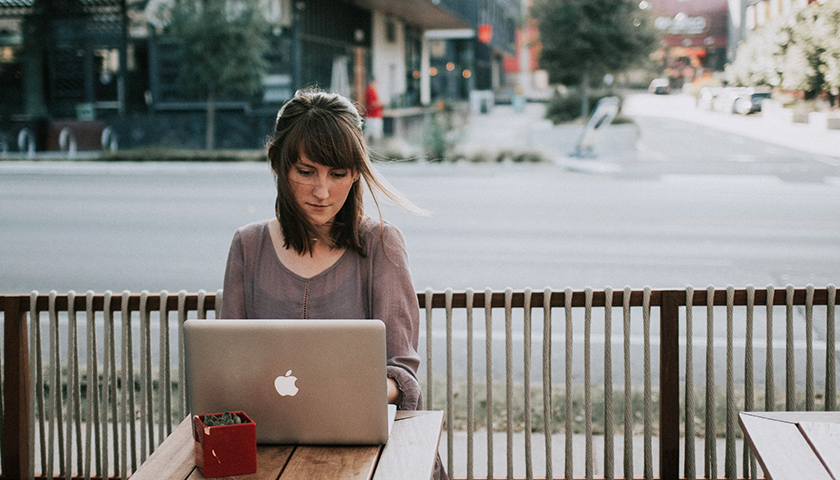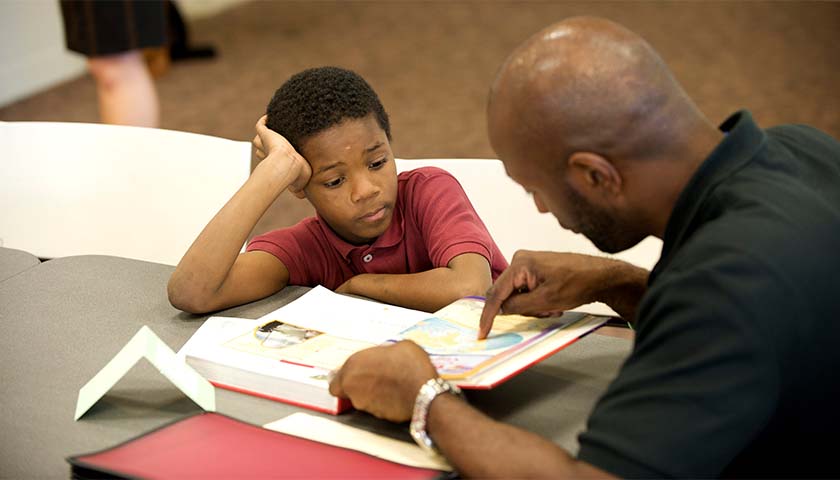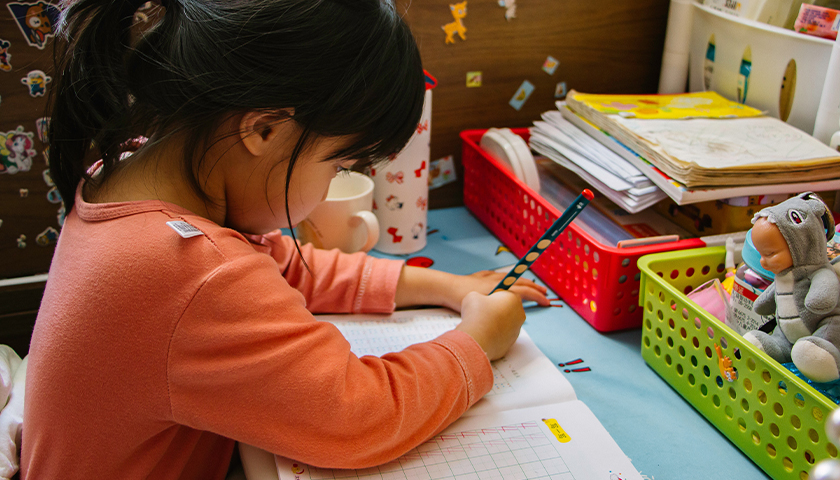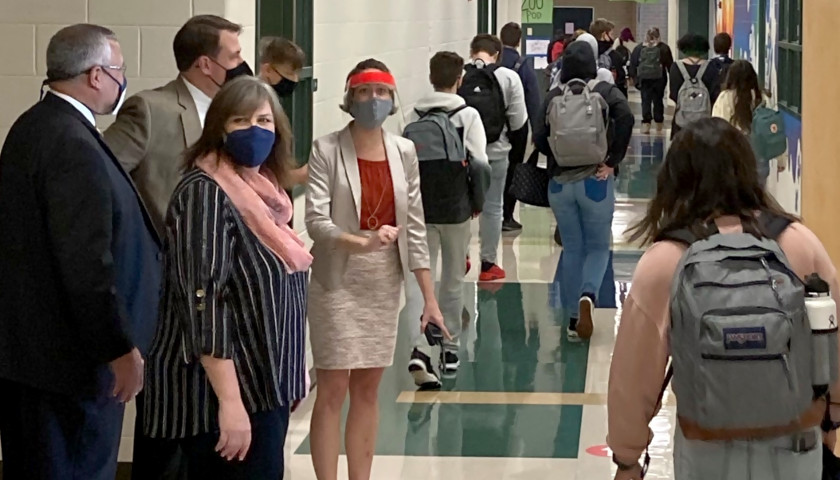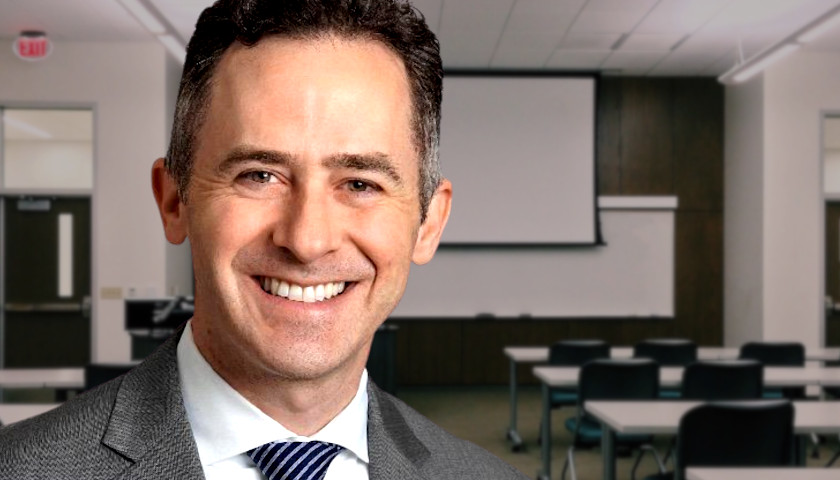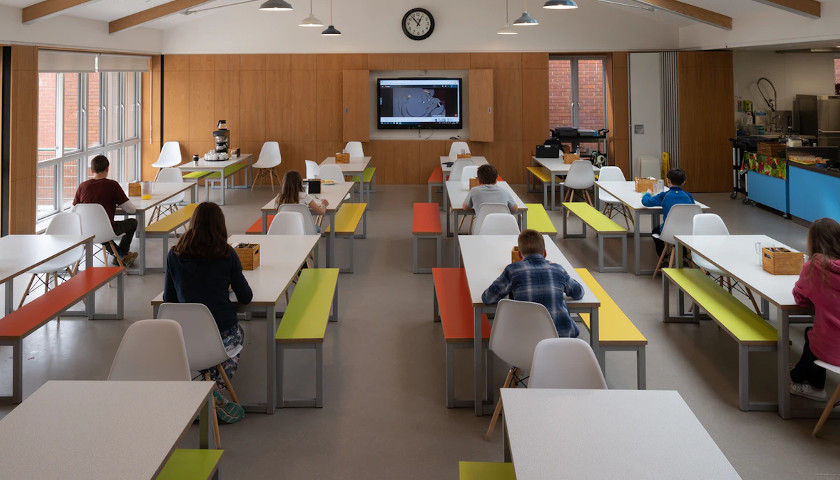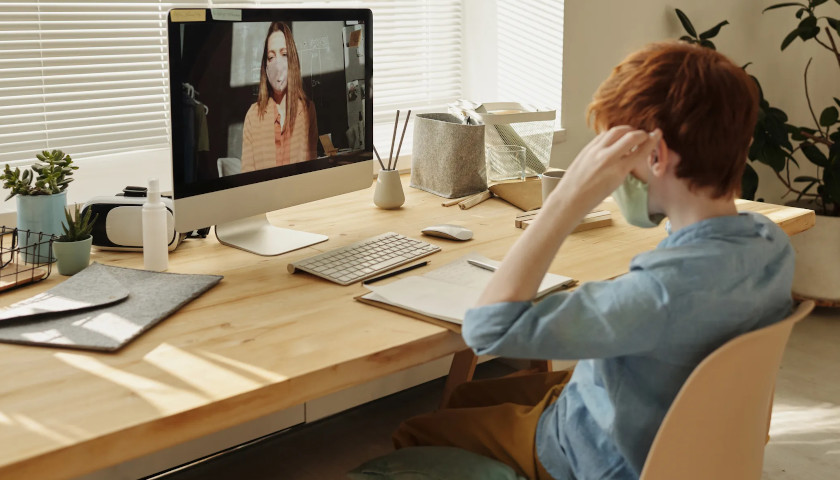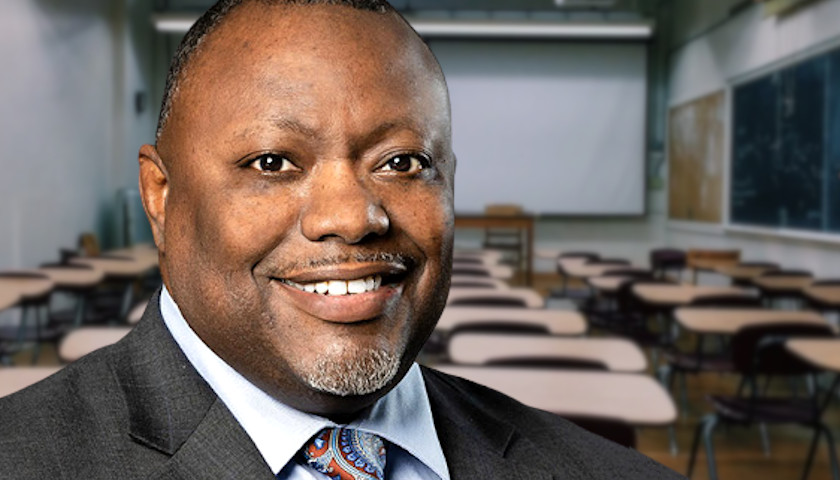According to a recent survey, over 1.2 million students have abandoned public schools in favor of other alternatives in the aftermath of the coronavirus pandemic, where many public schools shut down in-person learning in favor of “remote” learning.
The Daily Caller reports that the survey, conducted by the American Enterprise Institute (AEI), discovered that over 1,268,000 students have fled public schooling since March of 2020. Enrollment initially fell by 2.5 percent in the Fall 2020 semester when lockdowns first began in the spring of that year. The following year, schools that returned to in-person learning restored some of those numbers, while the schools that remained on virtual learning continued to see steep declines.
Read More
